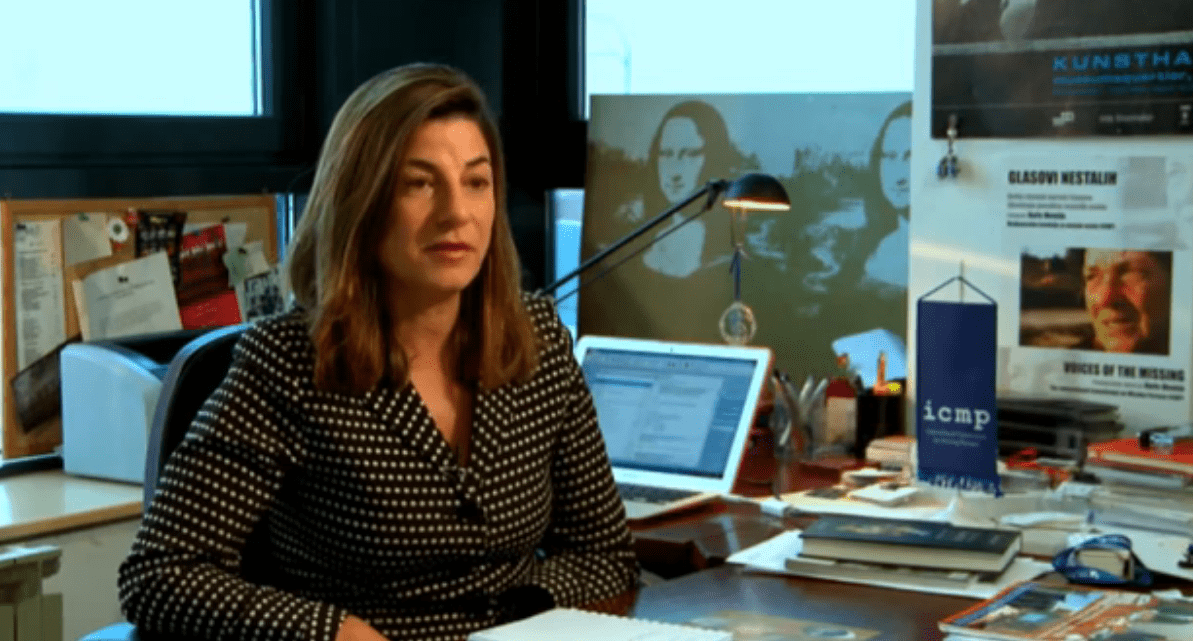This post is also available in: Bosnian
This is one of the conclusions of a meeting held in Trebinje on September 17.
The meeting was organised by the Balkans Investigative Reporting Network, BIRN in Bosnia and Herzegovina in co-operation with the Association of Court Reporters, AIS, with support from the Konrad Adenauer Foundation.
The District Court in Trebinje has not respected an opinion by the Agency for Protection of Personal Data of Bosnia and Herzegovina, which was forwarded to all judicial institutions by the High Judicial and Prosecutorial Council, HJPC, of Bosnia and Herzegovina for information and use.
Representatives of the Trebinje District Court explain that they received the opinion from the HJPC, but they have not applied it, because trials are public, except in case that the Court decides otherwise when it comes to protection measures for witnesses and so on.
“Verdicts contain first and last names,” says Bojan Stevic, President of the District Court in Trebinje, adding that the Court has not received a conclusion from the HJPC, which was adopted prior to the summer break.
On July 18 the HJPC rendered a conclusion, according to which judicial institutions do not have to apply the anonymisation measures, but they should provide information in line with their own assessment on whether the information is of public interest or not.
When it comes to the Trebinje Prosecution, it explained that it applied the anonymisation measures, although it had not done it prior to receiving the decision by the Agency for Protection of Personal Data.
Following a discussion on collaboration between judicial institutions and the media in the Trebinje area, it was concluded that the collaboration could be at an enviable level in case journalists would respect the ethical codices and request information from judicial institutions.
“A journalist is not an arbiter, but he should report about facts,” Stevic said.
Representatives of judicial institutions and journalists consider that journalists need to be educated in order to be able to objectively and professionally report about the work of investigative and court institutions.
The meeting held in Trebinje is one in a series of meetings organized by BIRN and AIS with the aim of establishing better co-operation between judicial institutions and the media, so we could have transparent institutions and responsible media.

